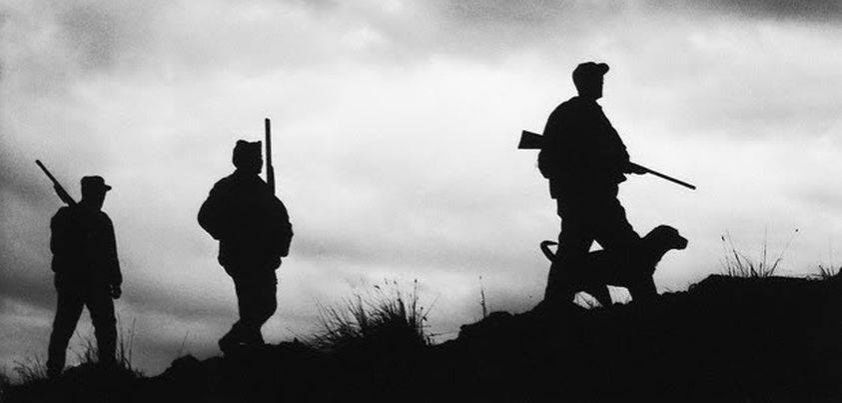 This story by Saki satirizes the social obligations imposed upon the middle and upper classes by late-Victorian/Edwardian etiquette. A pompous hypochondriac is holidaying in a peaceful country village as treatment for a nervous condition. He doesn’t like visiting strangers, but does so as a courtesy to his sister who has written letters of introduction to people she knows there. During one such visit, an imaginative fifteen-year-old girl plays an innocent practical joke on the neurotic man, causing him to run from her house in horror. Themes include social conventions, perception (appearance vs. reality), gullibility, escapism, deception.
This story by Saki satirizes the social obligations imposed upon the middle and upper classes by late-Victorian/Edwardian etiquette. A pompous hypochondriac is holidaying in a peaceful country village as treatment for a nervous condition. He doesn’t like visiting strangers, but does so as a courtesy to his sister who has written letters of introduction to people she knows there. During one such visit, an imaginative fifteen-year-old girl plays an innocent practical joke on the neurotic man, causing him to run from her house in horror. Themes include social conventions, perception (appearance vs. reality), gullibility, escapism, deception.
Most of the action takes place as the girl and visitor look outside through a pair of open French doors. A French door is made up of small panes of glass that reach to the floor. Because of this, they are also called French windows. This is important in grasping the significance of the title.
The Open Window Text / PDF / Audio (1,200 words)
Video Versions
2004 Short Film: This short video adaption of the story was directed by James Rogan for the Future Shorts film label. Interestingly, it uses the more correct title ‘The Open Doors’. Watch and enjoy!
1980s Short Film: I can find little information about this short ‘Americanized’ adaption of the story other than the fact that it was apparently used as a filler between episodes of ‘Alfred Hitchcock Presents’ in the 1980s TV series ‘USA Saturday Nightmares’. Watch and enjoy!
Song: Bertie the Bounder
Readers might be wondering why the youngest brother Ronnie singing Bertie, why do you bound? would upset Mrs Sappleton. These words are a line from the song “Bertie The Bounder” from the musical Our Miss Gibbs. To “bound” means to move by jumping, or to walk or run with long, energetic steps. However, someone who moves about in this way would not normally be called a “bounder”. The word bounder is an old-fashioned English slang word for a man who has behaved in a way that is morally wrong – especially toward women.
It is said that the song was written to make fun of the British king at the time, Edward VII. King Edward’s first name was Albert, and throughout his life the royal family and close friends called him by the nickname Bertie. Edward had a strong but like-able personality, and is said to have been the most popular king since the 1660’s. However, he was also a well-known ladies’ man. Some people claim that he had over 50 mistresses during his lifetime, including many after he married. This may explain the question “Why do you bound?” It is likely that “bound” here mean jump from woman to woman.
Edward’s mother, the famous Queen Victoria, was known for her strict moral standards. Although Edward VII was much loved, many conservative English women of the day would have felt very embarrassed by their king’s reported behavior and this song which drew attention to it.
The reference to the song provides a five-year window for the time setting of the story. Our Miss Gibbs opened at London’s Gaiety Theatre in January 1909 and ran for just over a year; the Open Window was first published in 1914. If you are interested, you can read the lyrics and listen to an early version of the song by clicking here. The recording is from an old vinyl record, which means that it is a little scratchy and may be hard to understand for all but advanced English learners.
A number of the references in the song can be related to the life of Edward VII and other events of the day. The “Susie” mentioned is likely to be Lady Susan Vane-Tempest, the only woman with whom it is almost certain that Edward fathered an illegitimate child. Sadly, nobody knows what became of the poor baby. If this is the case, the reference to Bertie taking Susie for a ride in an aeroplane (airplane) must be imagined. Edward attended a demonstration of powered flight by the Wright Brothers in 1908, but Lady Susan died while Wilbur and Orville were still in Grade School. The “Gertie” in the song is most probably Gertie Millar, the famous English actress and singer who played the leading female role in Our Miss Gibbs.